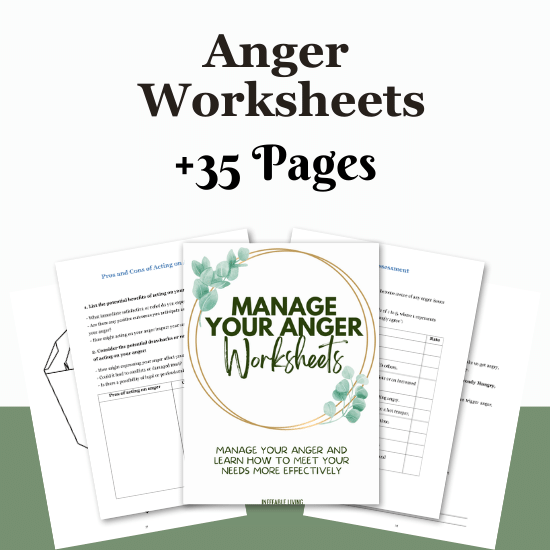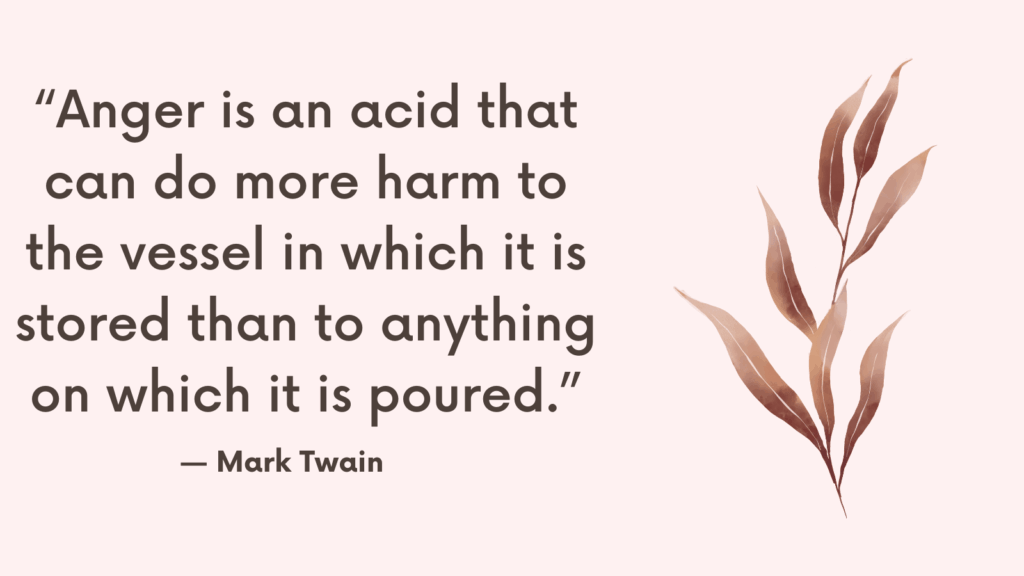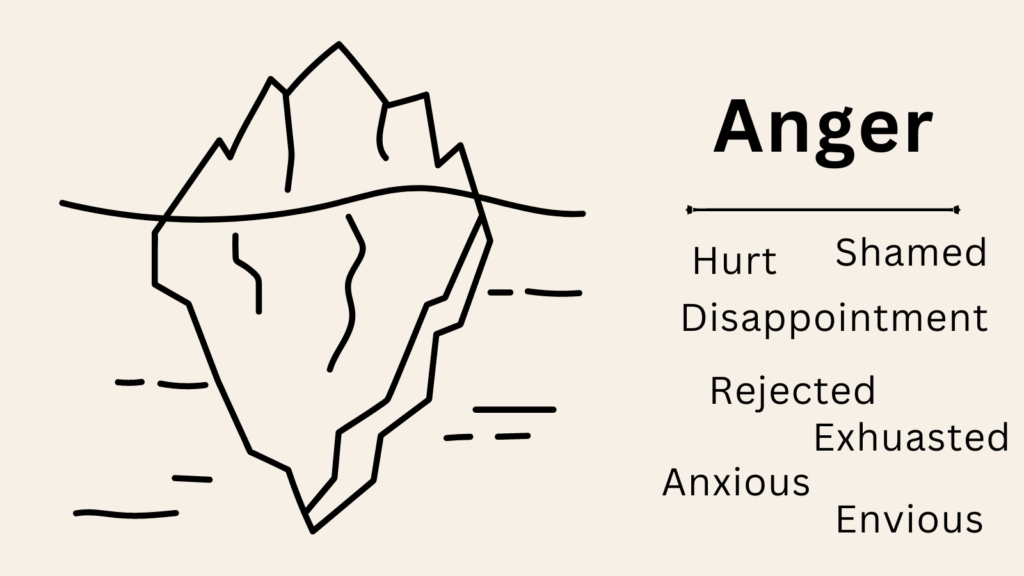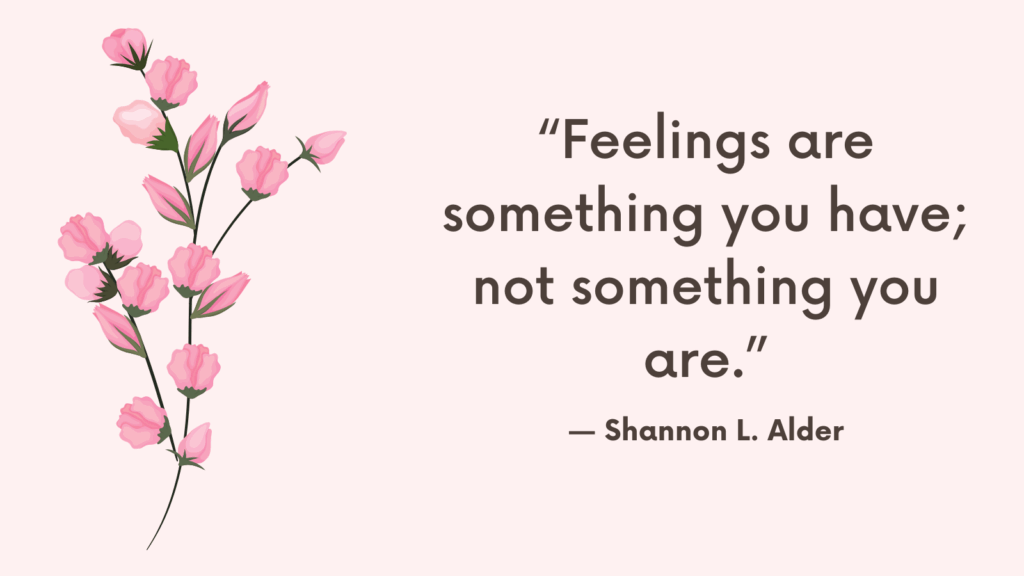Anger directed inward can be one of the most damaging and persistent forms of emotional pain. It often stems from regret, guilt, shame, unmet expectations, or self-blame. Unlike external anger, this kind of anger quietly eats away at self-worth and emotional resilience. Learning how to deal with anger toward yourself is a key step in healing and self-forgiveness.
Understanding Self-Directed Anger
Self-directed anger is an internal emotional response where you blame, punish, or criticize yourself for mistakes, flaws, or unmet expectations. It can be subtle (negative self-talk) or intense (self-harming behaviors, emotional shutdown, or self-sabotage).
Common Signs of Self-Directed Anger
- Harsh self-criticism
- Guilt or shame that lingers
- Constant replaying of past mistakes
- Difficulty accepting compliments or achievements
- Self-sabotage in relationships, goals, or health
- Feeling undeserving of forgiveness or happiness
Where It Comes From
- Unrealistic self-expectations: Holding yourself to impossible standards and punishing yourself for not meeting them.
- Childhood experiences: Growing up in an environment with criticism, neglect, or abuse can internalize the message that you’re “not enough.”
- Unprocessed trauma or guilt: Carrying emotional pain without healing can turn grief or regret inward.
- Perfectionism: Believing you must always perform, please, or prove your worth to be valuable.
Related: Beyond Just Anger: How to Manage Intermittent Explosive Disorder?
How to Deal With Anger Toward Yourself?
1. Acknowledge Your Self-Directed Anger
Don’t minimize or deny it. Say it clearly to yourself:
- “I’m angry at myself for what I did (or didn’t do).”
Naming it is the first step toward understanding it.
2. Identify the Root Cause
Ask yourself:
- “Where is this anger coming from?”
- “What belief do I hold about myself in this moment?”
Often, it’s connected to a deeper wound like perfectionism, past trauma, or fear of not being good enough.
3. Separate Mistakes From Identity
Making a mistake does not make you a failure. Remind yourself:
- “What I did was wrong — but that doesn’t mean I am bad.”
This helps you correct your behavior without condemning your entire self.
Related: How to Master the Pause Before Reacting?
4. Practice Self-Compassion
Speak to yourself the way you would talk to someone you love who’s struggling. Say:
- “It’s okay to feel this way. You’re human.”
- “You were doing the best you could with what you knew at the time.”
5. Apologize and Make Amends (If Needed)
If your anger comes from hurting others, take steps to apologize or make things right. Action is often the antidote to regret. But if amends aren’t possible, commit to doing better moving forward.
6. Replace Self-Criticism With Self-Awareness
Instead of saying, “I’m so stupid,” try:
- “I made a mistake — what can I learn from it?”
Transforming anger into insight builds growth, not shame.
7. Release the Ideal Version of Yourself
Much of our self-directed anger comes from failing to live up to unrealistic expectations. Ask:
- “Who am I comparing myself to?”
- “What pressure am I putting on myself that’s causing this pain?”
Then gently let go of that image.
Related: Frustration Intolerance: Understanding It and Building Patience
8. Journal to Process the Emotion
Write about your anger without judgment. Explore what triggered it, how it feels in your body, and what you wish you could say to yourself. This provides emotional release and clarity.
9. Use Forgiveness as a Daily Practice
Self-forgiveness isn’t a one-time event — it’s a daily choice. Start with small affirmations:
- “I release this mistake today.”
- “I choose to treat myself with kindness.”
10. Seek Support When Needed
Sometimes self-anger is rooted in deeper trauma, perfectionism, or unresolved guilt. Talking to a therapist can help you unpack these layers and rebuild a healthier inner dialogue.
Related: Top 14 CBT Exercise For Anger Management (+FREE Anger Worksheets)

Conclusion
Anger toward yourself can either be a weapon or a wake-up call. When handled with compassion, it becomes an invitation to heal, grow, and meet yourself with the grace you’ve always deserved.



